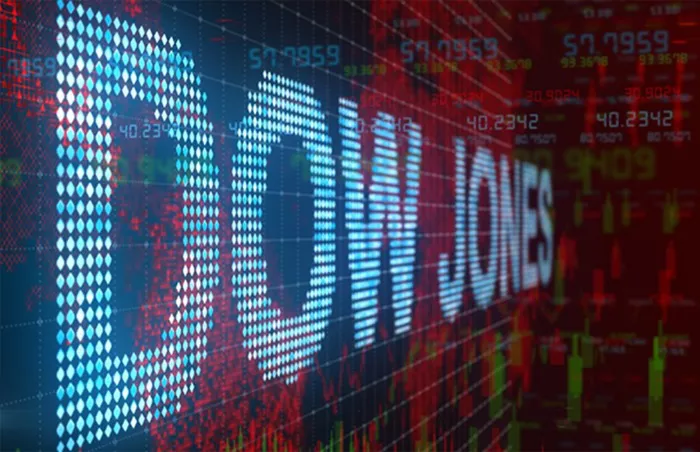The Dow Jones Industrial Average is experiencing its longest losing streak in nearly five decades, with a notable slide of nine consecutive trading days. This marks the index’s most significant losing run since 1978, underscoring concerns about broader market dynamics.
In the past nine sessions, the Dow has dropped roughly 3%, or more than 1,500 points, retreating from a record high of 45,014 on December 4 to 43,499 as of Tuesday’s close. Meanwhile, other major indices have fared better, with the S&P 500 slipping only about 0.6% and the Nasdaq Composite rising nearly 2% during the same period.
The key reason behind the Dow’s underperformance lies in its composition. Unlike the S&P 500 and Nasdaq, the Dow is not heavily exposed to the surge in tech stocks. Of the 30 companies within the Dow, only four—Amazon, Microsoft, Apple, and Nvidia—are part of the “Magnificent Seven” tech giants. This leaves the Dow without the massive rallies seen in other tech stocks like Tesla, which has gained over 37% in the past 10 days, or Alphabet, which has climbed by 14% during the same period.
Nvidia’s recent pullback has also weighed on the Dow, especially after its inclusion in the index on November 8. After an impressive run, Nvidia shares have fallen nearly 12%, dampening the index’s performance. UnitedHealth Group, the worst performer on the Dow in the past 10 days, has seen its stock drop nearly 20%, adding to the downward pressure.
The healthcare sector has also contributed to the Dow’s slump. Following the tragic death of UnitedHealth’s CEO Brian Thompson on December 4, the stock saw a steep decline, dragging down other healthcare stocks like Johnson & Johnson and Amgen, which have both fallen by more than 4% in the same period.
For market observers, this pullback is not entirely unexpected. Jeremy Schwartz, WisdomTree’s global chief investment officer, noted that the recent sell-off in the Dow reflects a broader trend in the market—a shift from growth to value. Despite the current downturn, Schwartz remains optimistic about the outlook for 2024, maintaining that stocks, as opposed to bonds, are likely to remain the favored asset class.
Given the strong rally earlier this year and the seasonality of the markets, the current decline in the Dow can be viewed as a healthy correction. Investors appear to be taking a breather, though many still see opportunities for growth in the months ahead.
Read more:
- UK Inflation Surge Strengthens Case For Steady Interest Rates
- Honda, Nissan Consider Merger As Foxconn Eyes Stake To Bolster Ailing Automake
- Fed’s Rate Strategy For 2025 Faces Scrutiny Amid Unyielding Inflation And Strong Jobs Market

